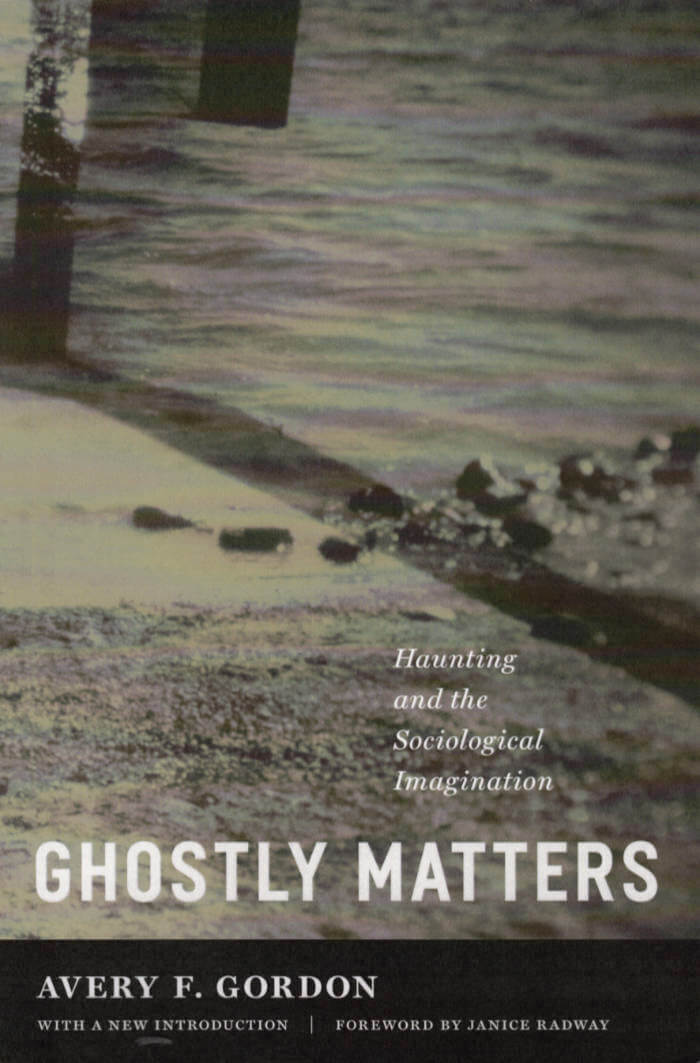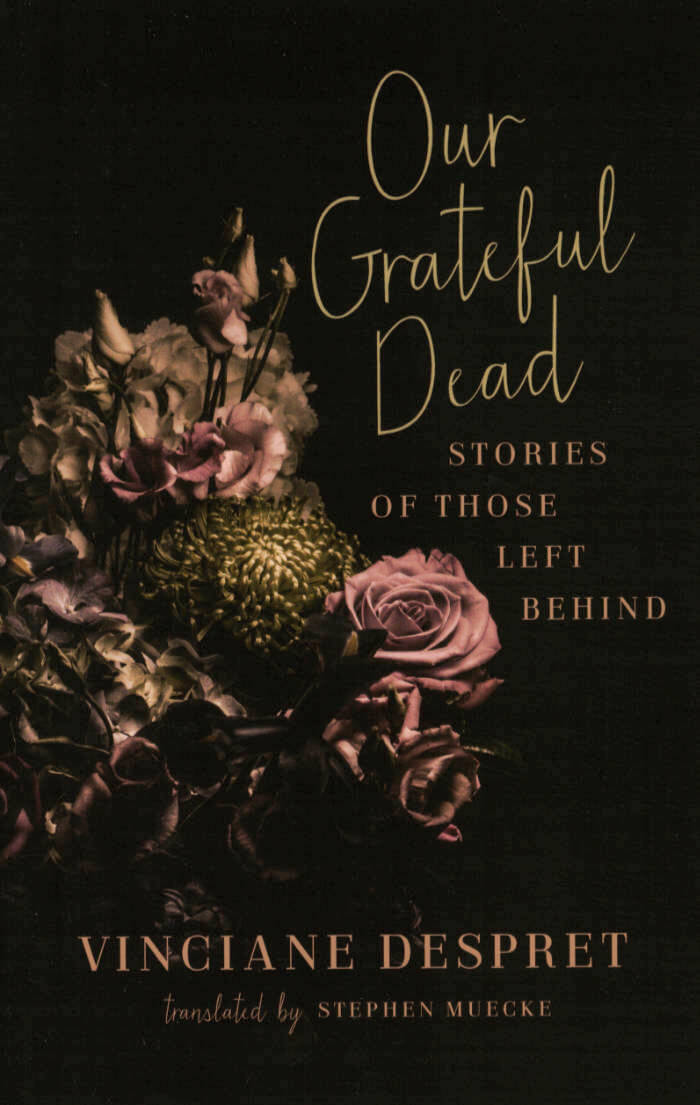The story of the artistic collaboration between the originators of the ecosex movement, their diverse communities, and the Earth.
What's sexy about saving the planet? Funny you should ask. Because that is precisely, or, perhaps, broadly, what Annie Sprinkle and Beth Stephens have spent many years bringing to light in their live art, exhibitions, and films. In 2008, Sprinkle and Stephens married the Earth, which set them on the path to explore the realms of ecosexuality as they became lovers with the Earth and made their mutual pleasure an embodied expression of passion for the environment. Ever since, they have been not just pushing but obliterating the boundaries circumscribing biology and ecology, creating ecosexual art in their performance of an environmentalism that is feminist, queer, sensual, sexual, posthuman, materialist, exuberant, and steeped in humor.
Assuming the Ecosexual Position tells of childhood moments that pointed to a future of ecosexuality, for Annie, in her family swimming pool in Los Angeles; for Beth, savoring forbidden tomatoes from the vine on her grandparents' Appalachian farm. The book describes how the two came together as lovers and collaborators, how they took a stand against homophobia and xenophobia, and how this union led to the miraculous conception of the Love Art Laboratory, which involved influential performance artists Linda M. Montano, Guillermo Gómez-Peña, and feminist pornographer Madison Young. Stephens and Sprinkle share the process of making interactive performance art, including the Chemo Fashion Show, Cuddle, Sidewalk Sex Clinics, and Ecosex Walking Tours. Over the years, they celebrated many more weddings to various nature entities, from the Appalachian Mountains to the Adriatic Sea. To create these weddings, they collaborated with hundreds of people and invited thousands of guests as they vowed to love, honor, and cherish the many elements of the Earth.
As entertaining as it is deeply serious, and arriving at a perilous time of sharp differences and constricting categories, the story of this artistic collaboration between Sprinkle, Stephens, their diverse communities, and the Earth opens gender and sexuality, art and environmentalism, to the infinite possibilities and promise of love.








